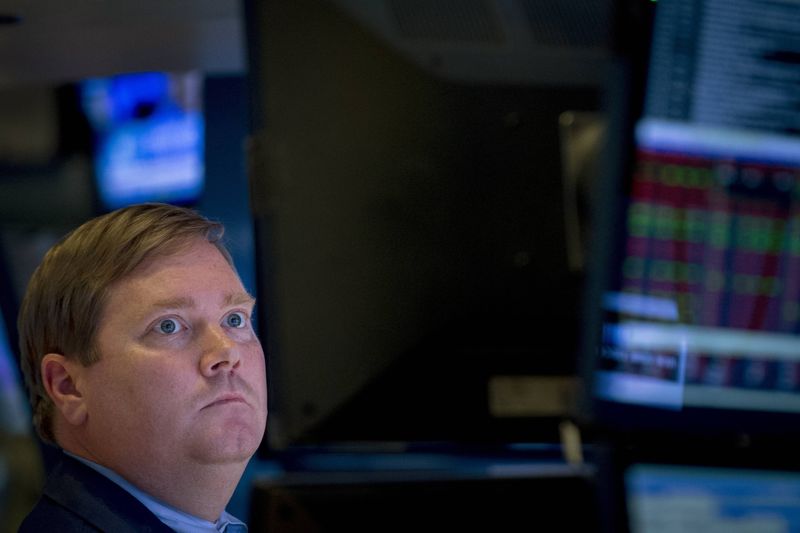The ASX is likely to fall in early morning trading today, with ASX Futures down 84 points or 1.1%.
The bourse hit a new all-time high of 7,680.7 points yesterday, beating out its previous record of 7,632.8 points in August 2021.
Profit-taking often follows gains on the share market but the ASX is also responding to tumbling US shares, which sent all three major US indices lower in overnight trading.
The US Fed held rates steady for February, but chair Jerome Powell also indicated the central bank is unlikely to cut rates in March unless inflation falls further.
US and European markets
Tech giants led the way down, with unimpressive advertising sales and a higher-than-expected expenditure on AI cutting 7.5% from Alphabet (NASDAQ:GOOGL).
Microsoft (NASDAQ:MSFT) also shed 2.7% after forecasting similarly high costs to develop new AI features, which outweighed its positive quarterly results.
AMD (NASDAQ:AMD) shed 2.5% as the chipmaker’s quarterlies failed to meet expectations – again AI was the sticking point.
Bank holding company New York Community Bancorp lost a staggering 37.7% of its share price after slashing its dividend during a surprise swing into the negatives, subsequently driving the KBW Regional Banking index down 6%.
Finally, Boeing (NYSE:BA) rose 5.3% following a narrower-than-expected quarterly loss despite its recent emergency door issues.
The Dow shed 0.8% or 317 points, the Nasdaq 2.2% or 346 points and the S&P500 1.6%.
For January, the Dow gained 1.2%, the Nasdaq 1% and the S&P500 1.6%.
In Europe, markets also dipped.
Swedish retail giant Hennes & Mauritz (H&M) dropped 12.4% after a shock CEO appointment and missed profit expectations, with overall retail shares falling 2.3%.
Inflation fell more than expected in Germany, settling at 3.1% in January compared to 3.8% in December (Survey: 3.2%).
The FTSE300 fell by 0.1% overnight, but gained 1.7% in January, while the UK index fell by 0.5% in EU trading but fell 1.3% during the month, the worst performance of the index since October.
Currencies and commodities
Our bag of currencies was mixed against the US dollar overnight – the Euro fell from US$1.0885 to US$1.0793 to finish around US$1.0805 and the Aussie fell from US66.22 cents to US65.51 cents, closing near US65.60 cents.
The Japanese Yen bucked the trend and rose against the US dollar, moving from 147.88 yen per US dollar to 146.01 yen, and sitting around 147.00 yen at the US close.
Oil continued to fall overnight.
The US Energy Information Administration's data indicated a rise in weekly crude inventories by 1.2 million barrels, defying analysts' predictions of a 217,000-barrel reduction.
Consequently, the Brent crude price dropped by US$1.16, or 1.4%, to US$81.71 per barrel, while the US Nymex crude price fell by US$1.97, or 2.5%, to US$75.85 per barrel.
Base metals were mixed. Copper futures saw a modest decline of 0.1%, but aluminium futures rose by 0.4%.
Iron ore futures dropped by US48 cents or 0.4% to US$135.13 per tonne, following the fourth consecutive month of contraction in China's manufacturing activity in January.
Gold futures increased by US$16.50 or 0.8% to US$2,067.40 per ounce, with spot gold trading near US$2,036 per ounce at the US close.
On the small cap front
The Small Ordinaries index gained 0.93 or 27.2 points yesterday, mirroring the ASX closely as the greater bourse reached a new record high.
You can read about the following and more throughout the day on our website.
